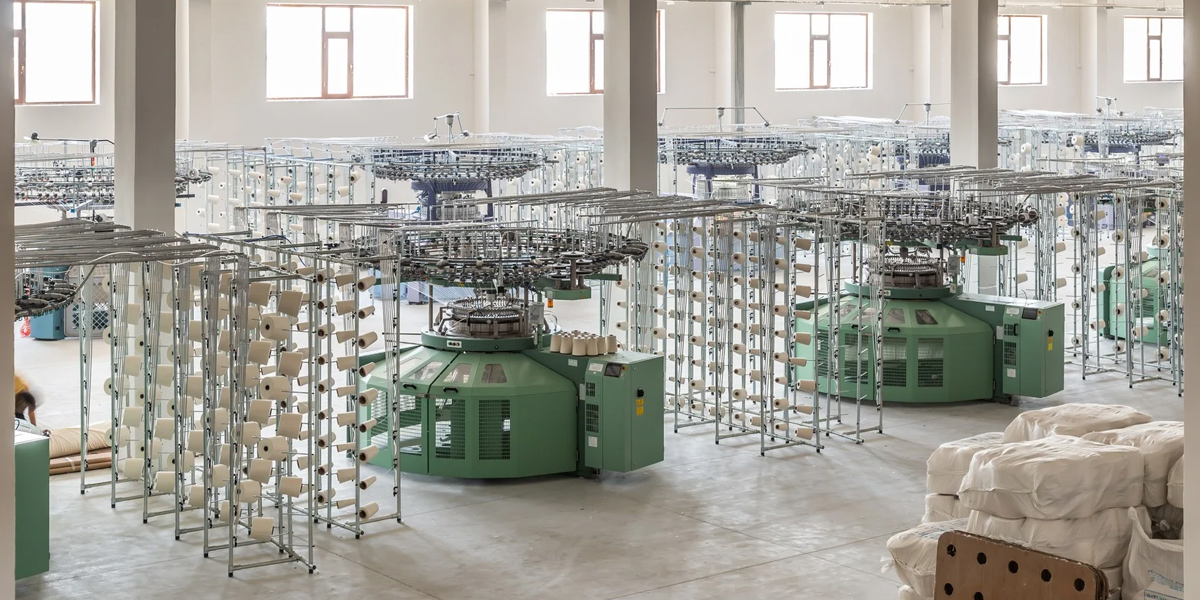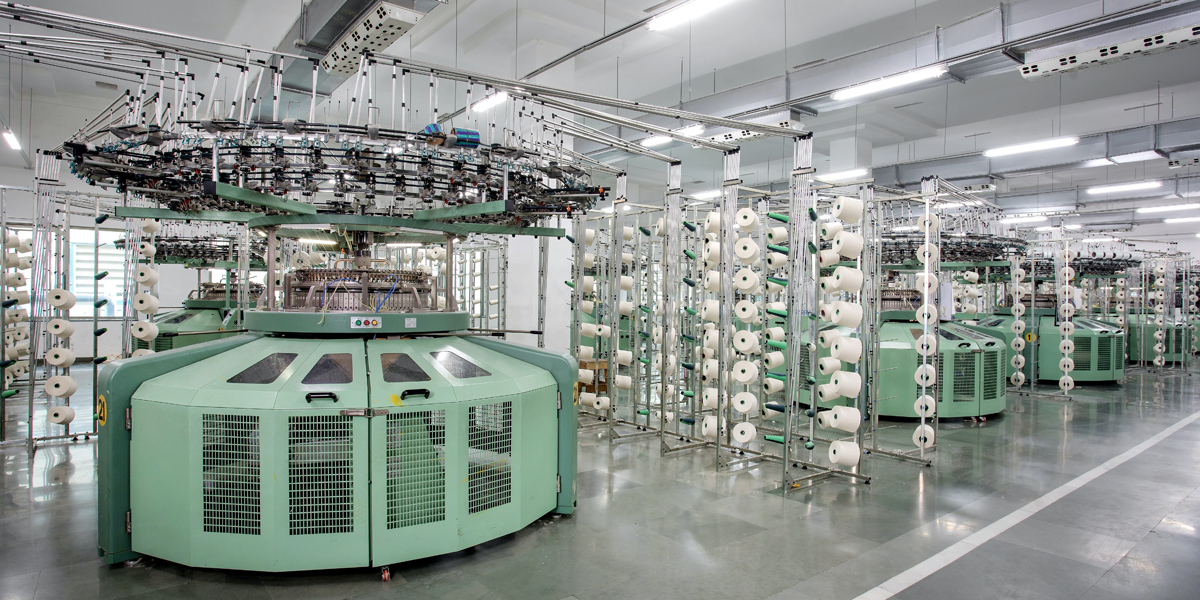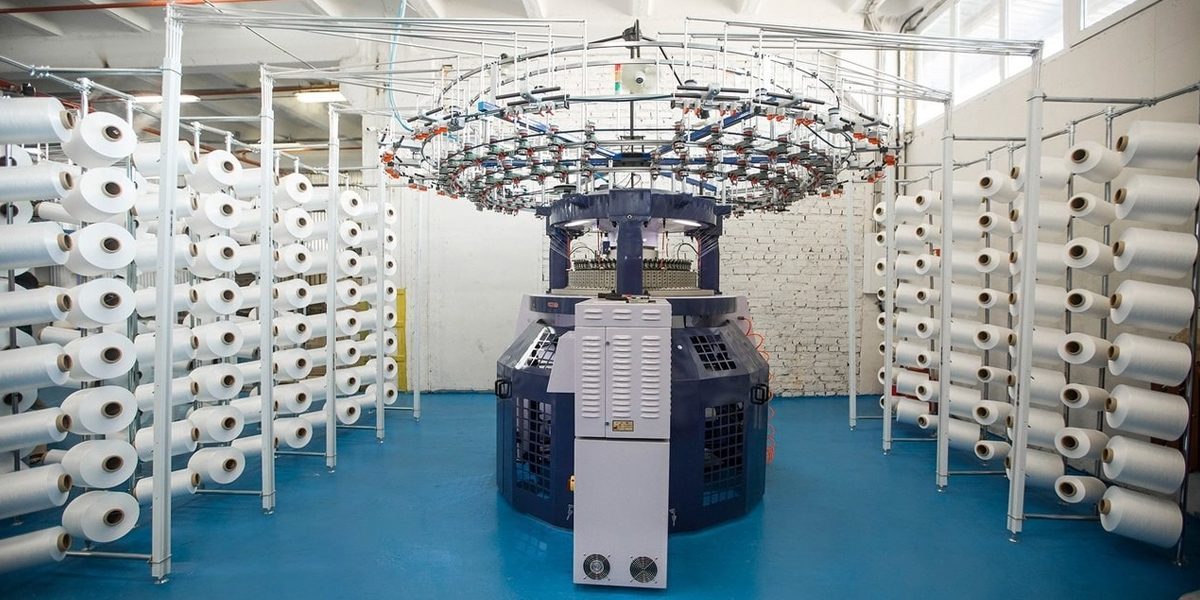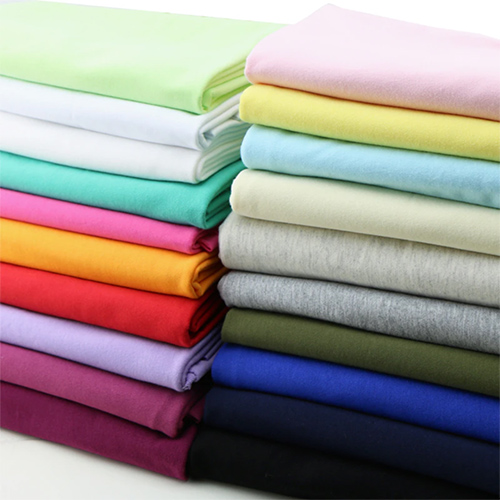 English
English
-
Call center (Uzb) :
+998(71) 230 95 94
- OFFICE IN TASHKENT
-
Factories
BEK MEGA KNITTING
The BEK MEGA KNITTING knitting factory is one of the key facilities located in Tashkent, Uzbekistan. Our company, with a production area of approximately 4,000 m² and a team of 50+ specialists, is equipped with over 45 circular knitting machines. These machines enable round-the-clock uninterrupted production of raw knitted fabrics, achieving a daily output of over 35 tons. To ensure that fabrics meet the desired quality standards, we implement a comprehensive quality control process using six open-width inspection machines and two tube inspection machines. In addition, 30 circular knitting machines undergo 100% simultaneous checks with an intelligent camera system.
Thanks to these modern automation and quality control systems, our company strives to maintain the highest level of precision and excellence at every production stage. This approach, focused on achieving the highest customer satisfaction, guarantees the reliability, durability, and aesthetic quality of our products.Automation and Quality Control in Production
The PROTECHNA System offers an automation and artificial intelligence-based solution to optimize production processes. Instead of manually inputting order information into a tablet interface to start the production day, data can be easily integrated using barcode or QR code scans. Then, SMX cameras automatically inspect 100% of the fabric and analyze these images in real time using PROTECHNA’s powerful AI algorithms. Detected errors are marked, and staff review them on the tablet screen or across the factory. Predefined prompts enable the machine to automatically stop the process and correct errors, alerting workers when necessary.
This process reduces fabric waste, enhances quality control, and optimizes productivity. Additionally, the system continuously monitors and controls production 24/7, sending automated alerts as needed. The system saves time and costs, making production processes more efficient and professional.
Key Components of
Knitted Fabric ProductionKnitted fabric production is a vital component of the textile industry, with quality being a critical factor underpinning the process. High-quality knitted fabrics combine durability, comfort, aesthetics, and functionality, ensuring superior products for consumers and a competitive edge for manufacturers. Below are the professional approaches and practices required to ensure quality in knitted fabric production.

Selection and Evaluation of Raw Materials
The production of high-quality knitted fabrics starts with the selection of premium raw materials. Factors such as yarn type, quality, and fiber length directly affect the durability and texture of the final product. Ensuring compliance with standards and sourcing high-quality yarn is achieved through collaboration with raw material suppliers.
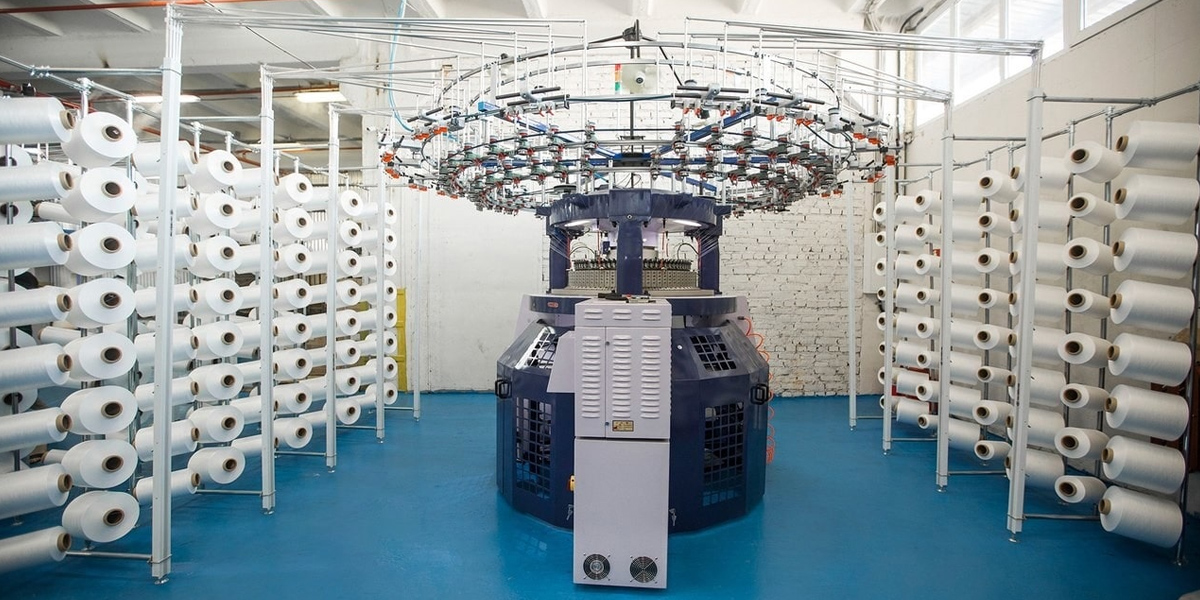
Production Technology and Process Management
Optimizing the technologies and processes used in knitted fabric production is a critical factor in determining quality. Automation systems enhance consistency by reducing error frequency. Monitoring and control processes are essential to ensure compliance with standards and consistent quality.
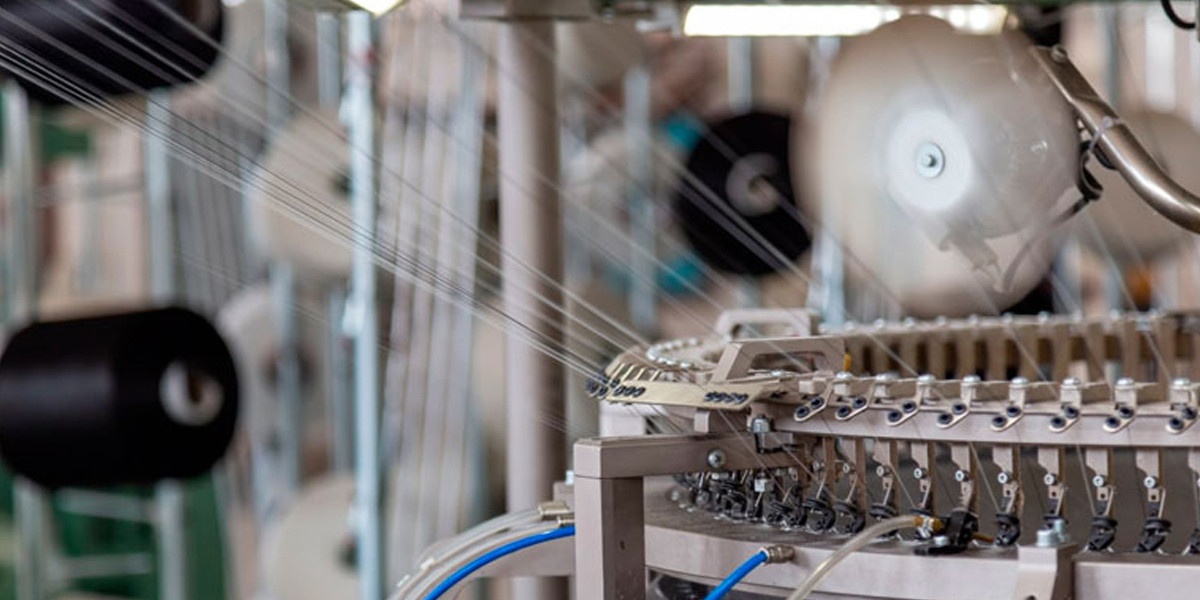
Quality Control and Testing Stages
Quality control must be carried out at every stage of the production process. Various tests, such as random checks, yarn strength tests, colorfastness tests, and wear tests, are used to determine fabric quality. Regular testing and analysis of results are crucial for monitoring and improving product quality.
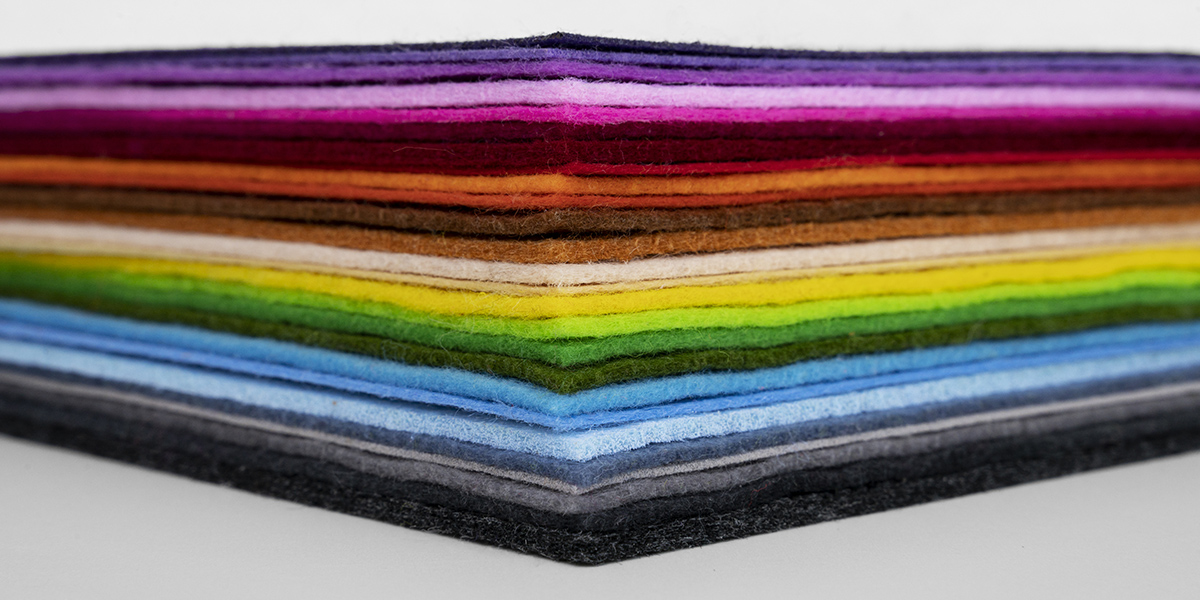
Colorfastness and Dyeing Process
The colorfastness of knitted fabrics directly affects their aesthetic appeal and consumer satisfaction. High-quality dyeing processes ensure that colors do not fade and retain their vibrancy even after washing. Dye materials, processing methods, and color matching must be carefully managed.

Functional and Technical Characteristics
Functionality and technical properties offered by knitted fabrics to the end consumer are another aspect of quality. For example, in sportswear, product quality is determined by properties such as sweat absorption, seam strength, and elasticity. These features must be tested and meet the required standards.

Sustainability and Production Ethics
Producing high-quality knitwear involves not only technical and functional elements but also environmental sustainability and ethical responsibility. Factors such as reliable raw material supplies, waste management, and labor condition compliance are essential components of quality.
In knitted fabric production, quality is a fundamental element of product success and customer satisfaction. Professional approaches, carefully implemented at every stage—from raw material selection to production processes, quality control, and testing—ensure the creation of competitive products that meet high standards. Quality management is an indispensable strategy for the long-term success of textile manufacturers and reflects their ability to adapt to the evolving demands of the industry.
Manufactured products
Knitted Fabrics Produced by the Factory
- Супрем
- Лакост-Пике
- Интерлок
- Двухнитка
- Трехнитка
- Велюр
- Даблфейс
- Скуба
- Оттоман
- Киров
- Селаник
- Вафельное полотно
- Рибана
Monthly Performance Indicators:
 210
210tons per month
 5
5Minimum order, tons
 4000
4000sq. m. area of the factory
 50+
50+Number of employees
 10+
10+Regular customers
 700+
700+Orders per month
 14+
14+Team experience
 2%
2%Defective products, %
Certificates
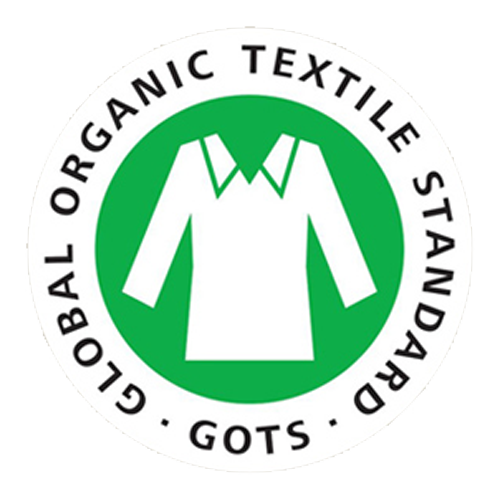

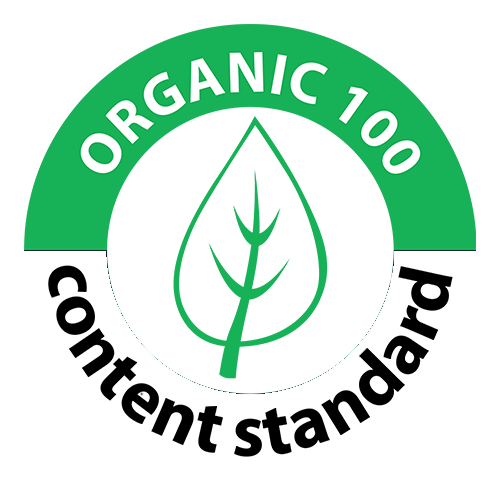
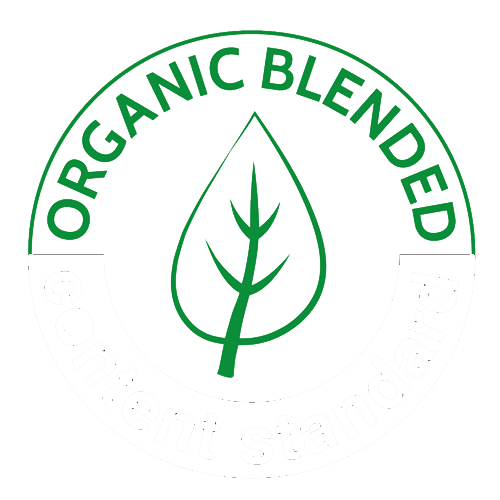

Contact Us
 +998 71 230 72 72
+998 71 230 72 72
 info@bekmegatextile.uz
info@bekmegatextile.uz
We are on the map



